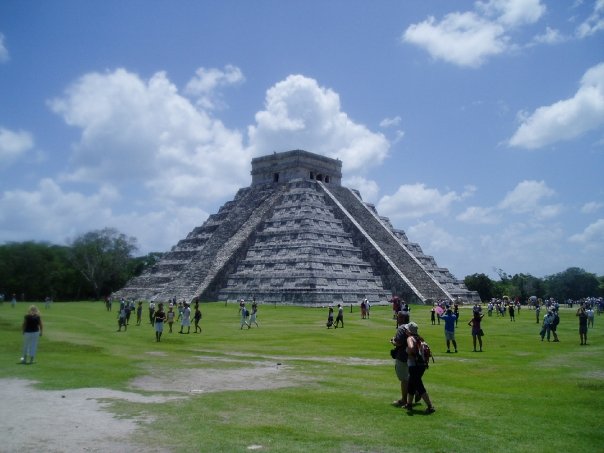For hundreds of years, the police and the army were one and the same for most civilizations. They were charged with defending the land in case of attack and for finding criminals the rest of the time. For many fantasy settings, this seems to be the default. However, I believe this misses a lot of opportunities for your world.
Armies are typically designed for taking and holding territory, repelling attacks, and perhaps dealing with large scale threats, such as bandit gangs, patrolling roads and frontiers, or your average giant. Soldiers are trained in tactics, weapons, armor, fighting, and discipline. Many a battle has been won or lost based on a unit’s ability to keep cohesion on the battlefield. They have a set chain of command, which is typically strictly enforced. If you have a problem, you go to your immediate superior, unless that’s where the problem lies, then you go to their immediate superior.
Police forces benefit from the training and command structure the military offers. That’s why we have similar ranks in the police, even today. They need to know how to fight, effective tactics, using armor and weapons, and discipline. That said, fighting a drunken belligerent is completely different than fighting an army determined to kill you. The tactics involved in quelling a food riot is different than the tactics in war. Even the armor and weapons are likely different, since killing and maiming the people you are sworn to defend would be counter-productive to say the least.
The army may be highly effective at capturing people who are breaking the law, but the police need to be able to determine who that is. The ability to investigate crimes, to enforce misdemeanor laws, like vandalism, vagrancy, and public intoxication is a vital part of police work.
There are several ways to deal with this in your setting. One way may be to recognize this limitation to the military and use it as a source of conflict. An example of this is the movie Braveheart, where the army is there to enforce the King’s will, but little else. If you’re caught in the act, you’ll get punished, but otherwise there really isn’t much they can do. You could have the military be simply overwhelmed, a hammer being used instead of a drill.
Another way would be to have clearly delineated requirements for each of them. The police would have a separate command structure than the military. They would each be empowered to do different things. This can lead to different types of conflict. Perhaps the military can conscript the police in the case of emergency. Maybe the police have the right to investigate all crime, including those involving soldiers, leading to issues. If they have to work in close proximity to each other, there could be rivalries between the two. New York City has had issues for years between their firefighters and police exactly for this reason. The FBI and ATF have even tried to arrest each other over jurisdictional issues in the past.
You could also have the police be a branch of the military, operating along side their brothers in arms and part of their chain of command. This is how the it works in Myos, where the Blake Heira series is set. Since the chain of command is strictly enforced, a Captain of one garrison has no control over what the police part of the Order is doing. They have a special investigation branch, the Order of the Eye, who have special command privileges, like being able to interrogate anyone, no matter their rank; being in command at any crime scene, no matter where or if there are superior officers around; and having absolute arrest authority.
When designing your legal system, think about how these issues are supposed to be resolved, how well that works, and underlying issues and resentments that might erupt during the course of the story. Try to build these into your world from the beginning. It will make for a more interesting setting and better stories.
Thanks for reading. Next week, I’ll be talking about laws and how they affect your setting. See you next Sunday!


